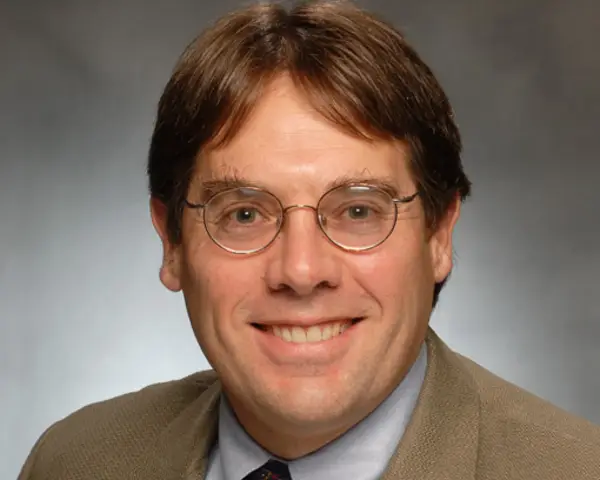David C. Dayton
Senior Fellow and Director, Biofuels

Senior Fellow and Director, Biofuels
PhD, Physical Chemistry, University of North Carolina at Chapel Hill
BS, Chemistry, Dickinson College
Dr. Dayton shared the moment he became a scientist, his first job, an impactful mentor, and the best thing about working at RTI.
When I was growing up, my parents owned a Dry Cleaners, and I used to work there on the weekends and over the summer. One day I noticed that the vent pipe to the dry-cleaning machine was leaking, so I put a Styrofoam coffee cup on the floor to catch the liquid. When I came back 15 minutes later, there was a puddle of white goo on the ground where the coffee cup used to be. Turns out dry cleaning fluid dissolves Styrofoam. At that point, a chemist was born.
Aside from working in my parents’ dry cleaners, I was a post-doctoral research fellow at the Army Research Laboratory in Aberdeen, Maryland, working on flame chemistry. It was my first taste of government funded research.
Dr. Thomas Milne was my first supervisor when I worked at the National Renewable Energy Laboratory. He taught me that focusing on the science was the most important aspect of work and not to expend too much energy on funding or office politics. Scientific excellence is the foundation for the rest.
The best thing about working at RTI is the freedom to purse new, innovative ideas. You can do anything if you receive the funding to do it.
Read More about New Process and Novel Catalysts for Biomass Pyrolysis
To speak to this expert or inquire about RTI services, you can reach us at +1 919 541 6000 or use the contact form below. For media inquiries, please reach out to our Media Relations team at news@rti.org.
